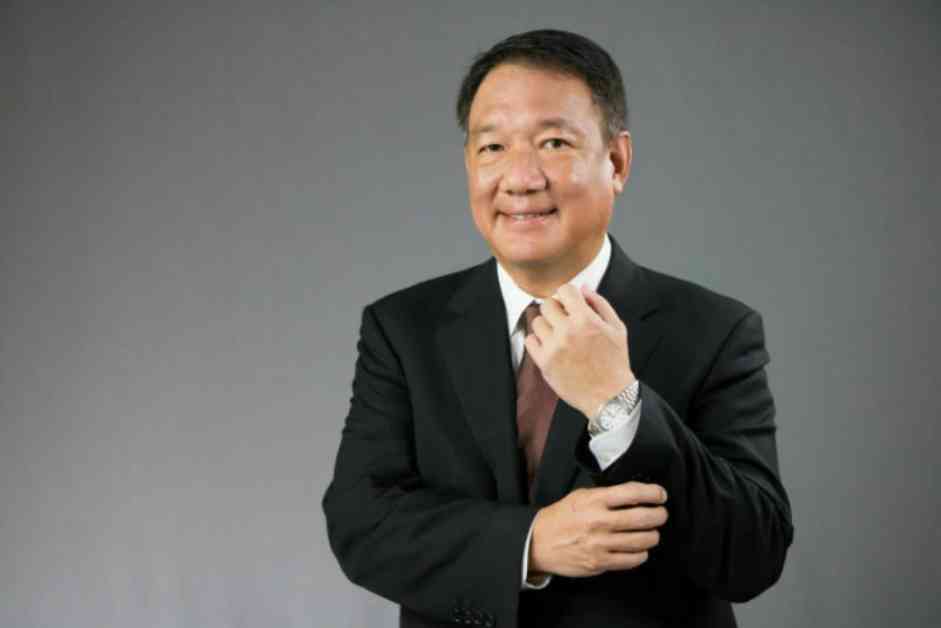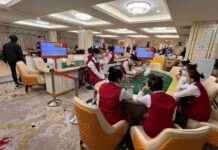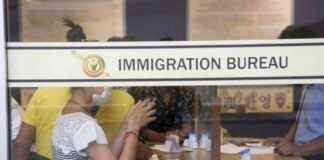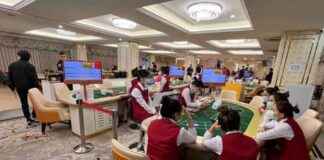Thailand is making a significant change by appointing former finance minister Kittiratt Na-Ranong as the new Bank of Thailand chairman. This decision reflects the government’s intention to have more control over the central bank, especially concerning monetary policy and inflation targets.
Mr. Kittiratt has been critical of the Bank of Thailand’s conservative monetary policy in the past. He has been nominated by Prime Minister Paetongtarn Shinawatra’s government, which has been advocating for interest rate cuts to stimulate economic growth. This move comes after the central bank surprised the markets by lowering costs for the first time since 2020.
The selection of Mr. Kittiratt as the new chairman will give him a voice in choosing members of the Monetary Policy Committee and evaluating the governor’s performance. However, the decision still needs to be endorsed by the cabinet and the monarch.
There were other candidates nominated for the position, including former energy permanent secretary Kulit Sombatsiri and Surapon Nitikraipot, who is the president of the Thammasat University Council and an independent director of PTT Plc. However, Mr. Kittiratt emerged as the selected candidate after a thorough selection process.
It is worth noting that a group of former Thai central bank chiefs and economists expressed concerns about appointing a political representative as the BoT chair. They believe that such a move could prioritize short-term political interests over long-term economic stability.
The government and the central bank have been at odds over the best approach to boost Thailand’s economy, which has been slower in growth compared to its neighboring countries. While the government is in favor of lower interest rates to complement its fiscal policies, the central bank has maintained a cautious stance.
Prime Minister Paetongtarn Shinawatra’s administration has taken steps to support the economy, including passing a larger budget and providing cash assistance to vulnerable groups. However, there is still a difference in opinion between the government and the central bank on how to achieve sustainable economic growth.
In conclusion, the appointment of Mr. Kittiratt Na-Ranong as the new Bank of Thailand chairman signals a potential shift in the country’s economic policies. It remains to be seen how his leadership will influence the central bank’s decisions and the overall economic landscape of Thailand.




















